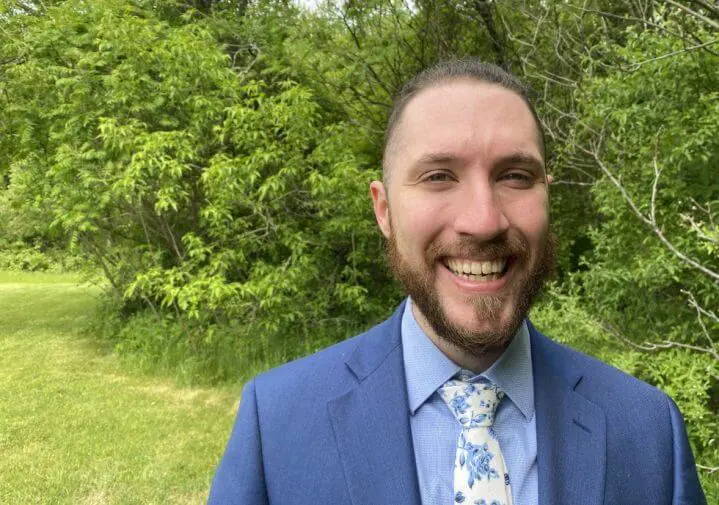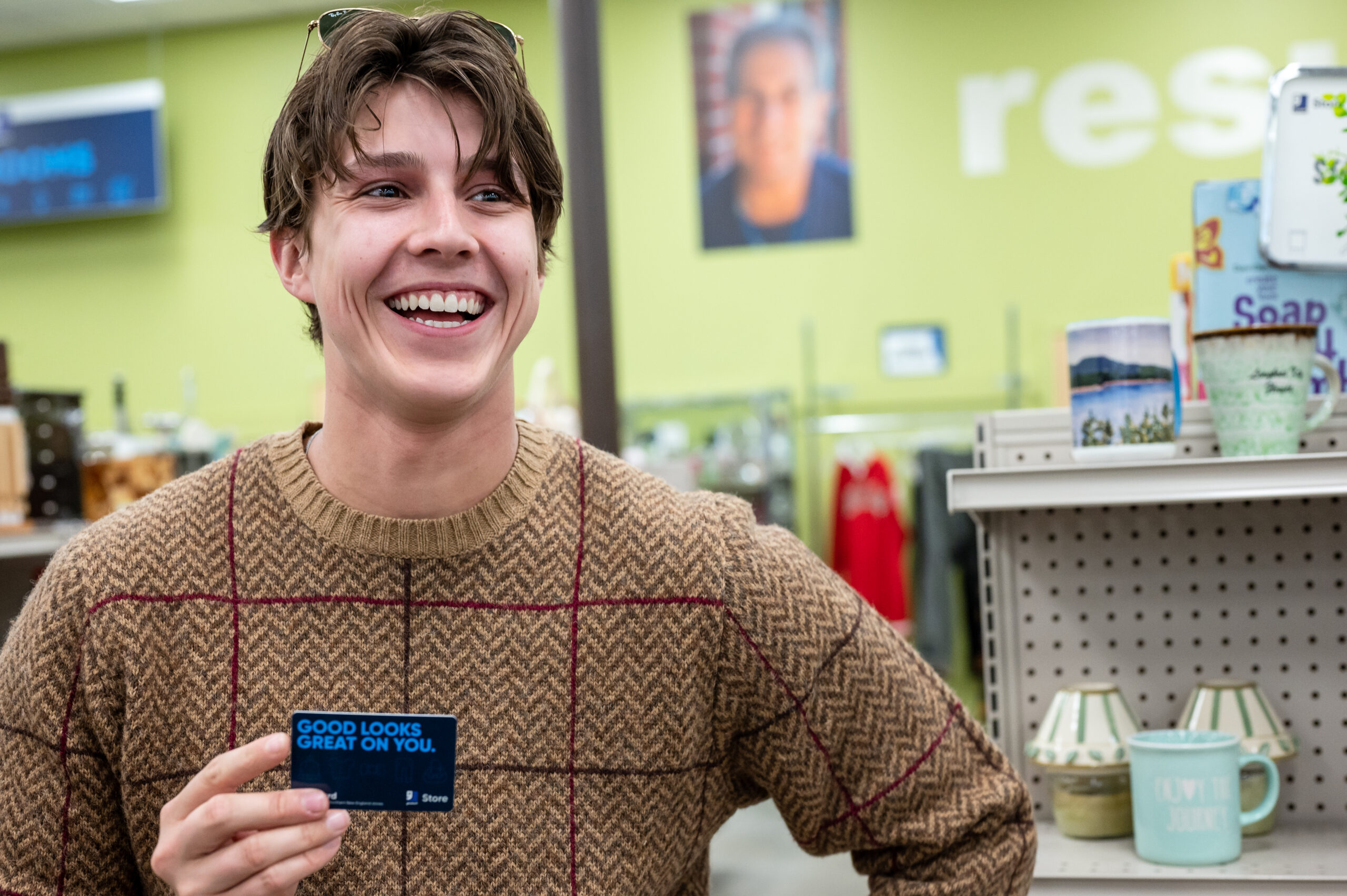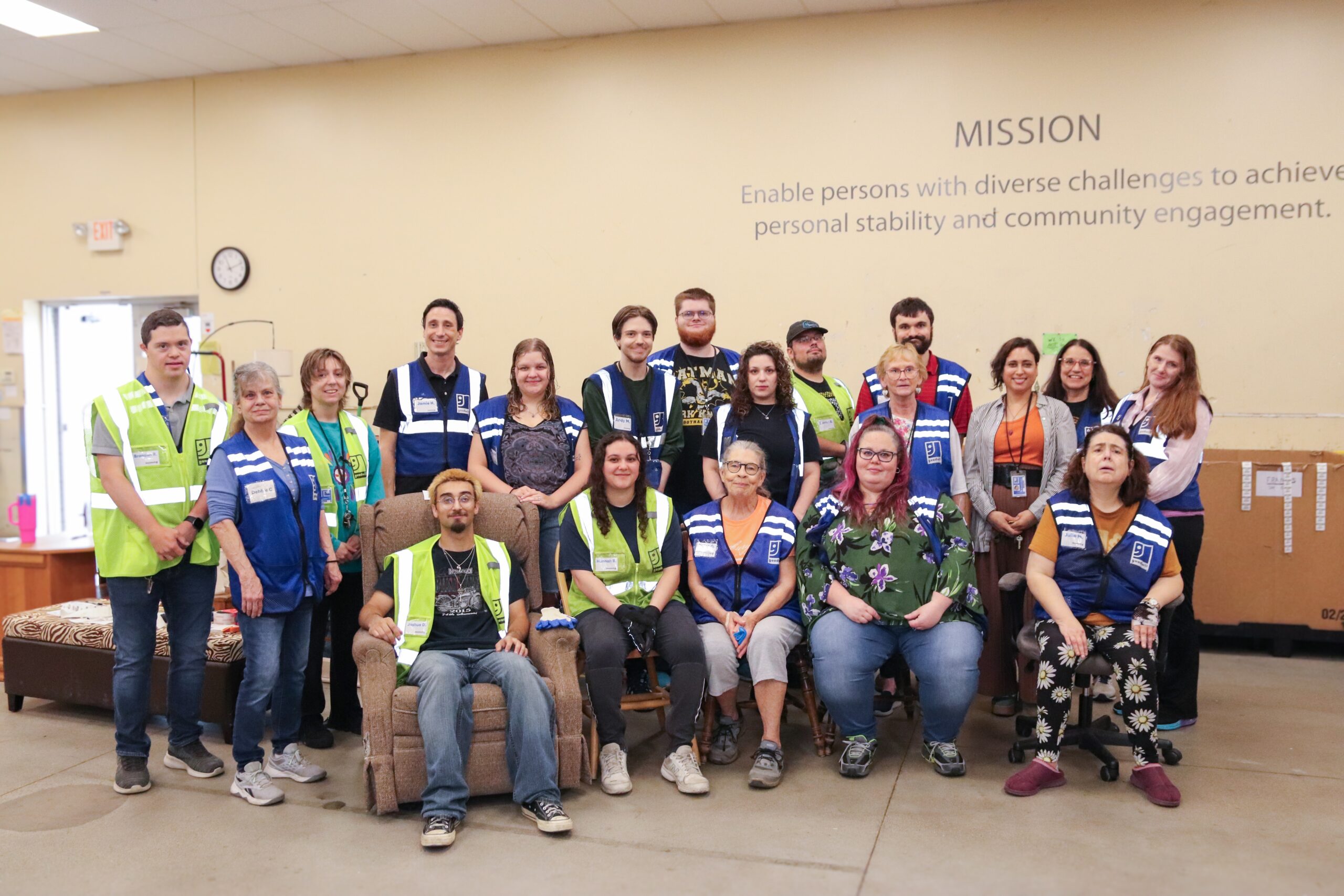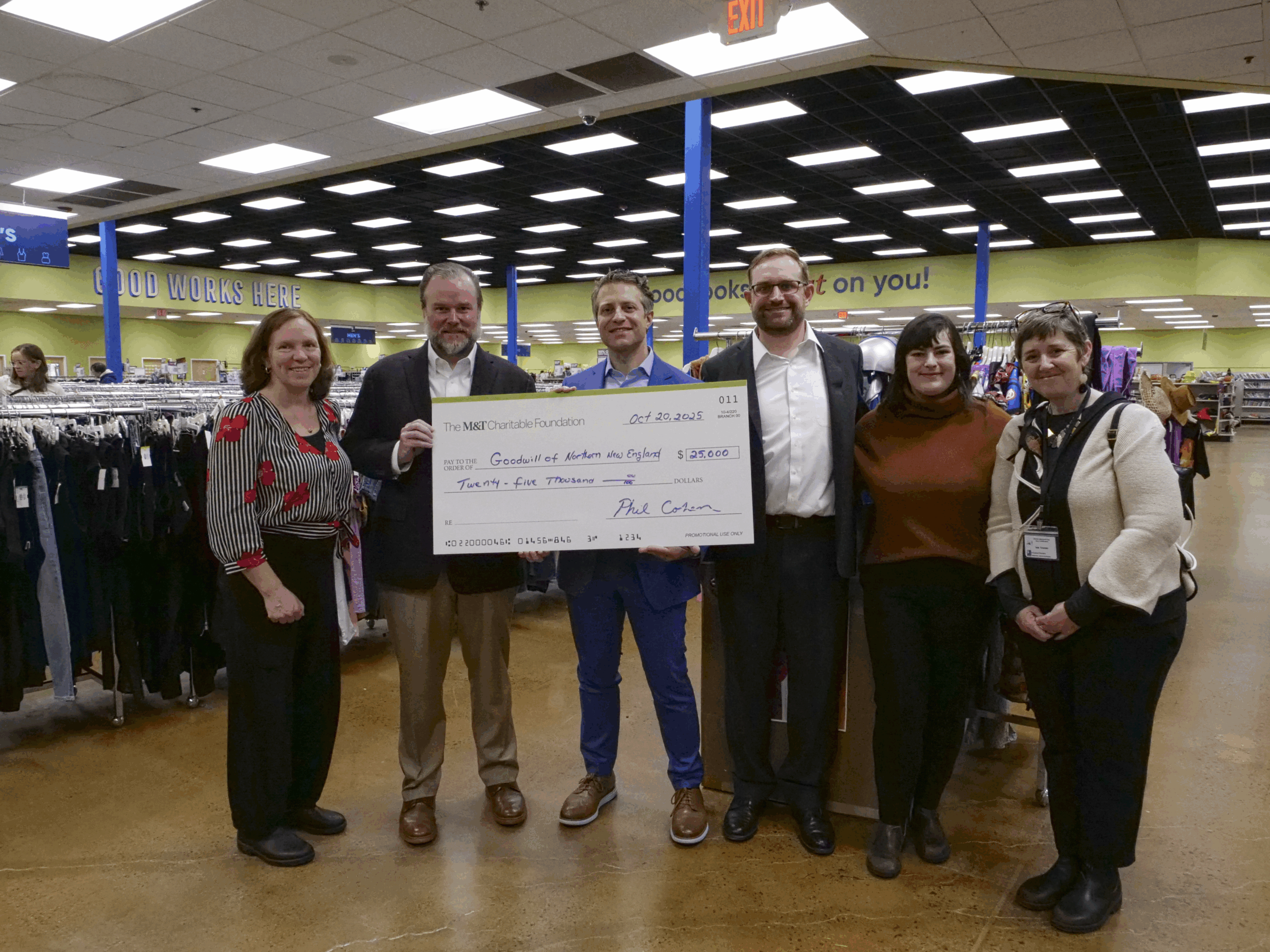News
Goodwill’s new Clinical Director focuses on how technology, counseling support brain injury
June 14, 2022

Goodwill announces new NeuroRehabilitation Clinical Director
Mackenna Murtagh, Psy.D, joined Goodwill NeuroRehab as Clinical Director starting July 1. Dr. Murtagh was Goodwill’s Neuropsychology Post-Doctoral Resident, and is excited to lead Goodwill’s two brain injury clinics in Lewiston and Scarborough where staff help people get back to life after a brain injury such as a stroke or car accident.
Murtagh will replace Dr. Tom Miller, who will remain on Goodwill’s staff as a consultant, easing the transition for all clients.
Murtagh, who lives in Auburn, Maine, graduated Rivier University with a Doctorate of Psychology in counseling and school psychology. He is a Licensed Psychologist and Neuropsychologist. Murtagh is from Merrimack, New Hampshire and now lives in Auburn with his wife Nola and their cat Bizy.
“I fell in love with brain injury rehab. It’s such a unique part of neuropsychology because it’s day-to-day, hands-on interacting with folks. I get to celebrate their little wins,” Murtagh said.
Getting people with an acquired brain injury into care quickly
Murtagh’s goals include bringing patients with brain injury or concussion in as quickly as possible. Sometimes patients seek Goodwill Neurorehab’s support after they’ve run out of other options and trying to wait out symptoms at home.
“We want people here within a week of their traumatic brain injury,” he said. “A lot of time people wave off their concussions and a year later they may get a referral when that doesn’t work. We make the most progress in the first year, so I want people to know we exist and to get here as soon as they can.”
How technology can help with brain injury rehabilitation
Murtagh plans to bring more and newer technology into the practices. Goodwill is investing in an EEG cap – a science-fiction-looking hat with electrodes on it. A patient wears the cap and can see their own brainwaves compared to an uninjured brain’s during activities. When the wave frequencies are abnormal, Murtagh and staff can immediately intervene with proven therapies.
Goodwill has other technology such as virtual reality, which it uses to simulate driving in a safe space. Murtagh envisions expanding Goodwill’s use of VR and combining it with his other medical training, such as EMDR 2.0. For instance, VR can simulate an increasingly crowded grocery store, so that the patient can practice life skills and if they get overwhelmed with anxiety, Murtagh can intervene with therapies during the simulated anxious moments.
He is trained in EMDR 2.0, neuropsych testing, PTSD counseling, and more. Murtagh dreams of building up Goodwill’s internship and post-doctoral programs to help bring more psychologists to Maine.
Goodwill Neurorehab is now hiring physical therapists, recreational therapists and other healthcare workers in Lewiston and Scarborough. For more information visit GoodwillNNE.org.



